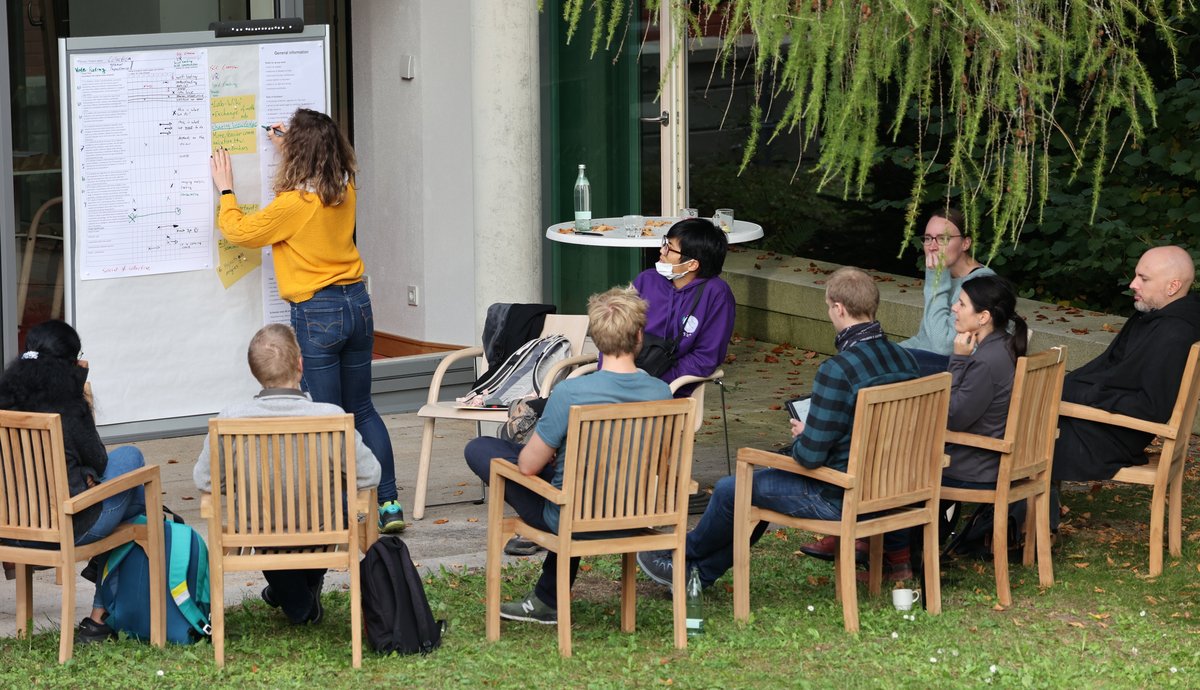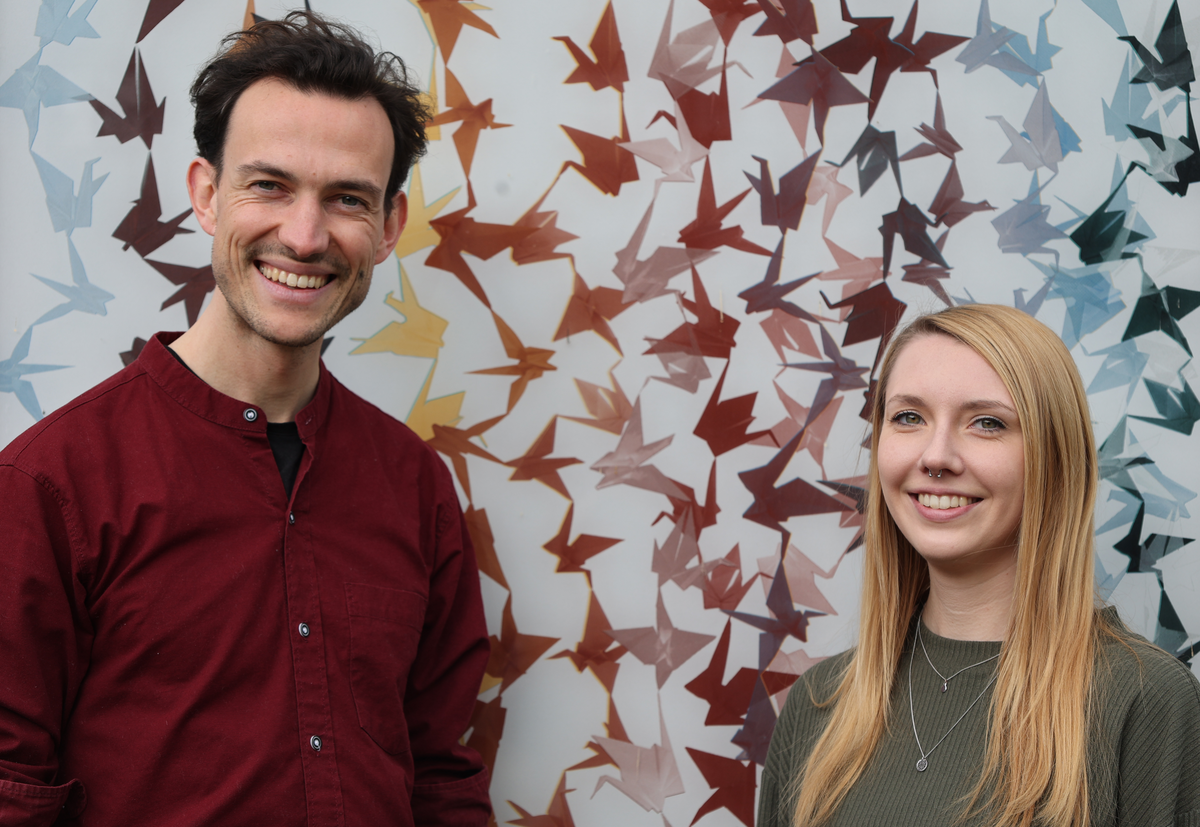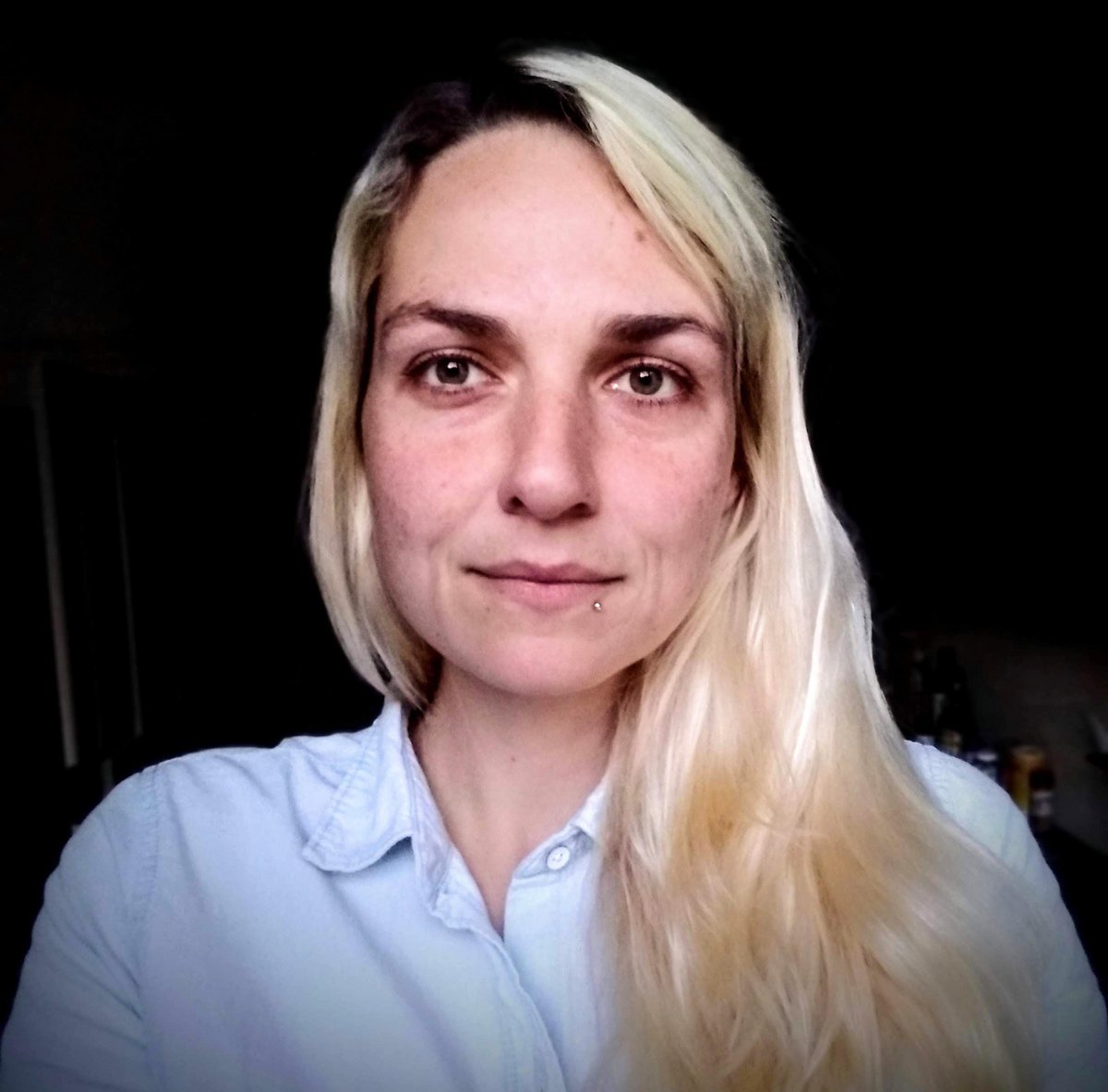
Support for young researchers
Our programmes for students, doctoral dandidates and early career researchers
We aim to recruit, train, and inspire the next generation of global scientific leaders, be it in research, industry, or public service. Our agenda for the support of early career researchers, which draws on the University of Konstanz’s pioneering career advancement strategy, includes the following measures to promote the careers of our researchers, from undergraduate students to junior professors
Students
In order to attract and retain students at the beginning of their research career, we offer a range of programs that aim not only to enrich their educational experience in general, but to also help them discover their potential in their particular field of interest:
- A fellowship program for in-coming students to engage with our centre and out-going to gain experience within our network
- Participation in experimental lab and field studies (for example the DAAD Stipend)
- Research-oriented projects and theses,
- A thesis support fund
Doctoral candidates
A primary goal of our centre is to provide doctoral candidates with the skills and experience they need to excel in their future careers, whether in or outside of academia. This training will be facilitated by the centre’s outstanding research environment, which includes state-of-the-art research facilities, excellent scholars, and a growing international research network. Additional initiatives include:
- International Max Planck Research School for Quantitative Behavior, Ecology and Evolution from lab to field (IMPRS-QBEE) IMPRS-QBEE strengthen ties by increasing collaborations and achieving sucessful scientific results between the Max Planck Institute of Animal Behavior, the Centre for the Advanced Study of Collective Behaviour, and the Department of Biology at the University of Konstanz.
- Konstanz Research School: The overarching Konstanz Research School (KRS) unites the various forms of doctoral studies at the University of Konstanz under one roof and guarantees all doctoral candidates high standards of quality and supervision as well as access to a supportive infrastructure including a comprehensive interdisciplinary course programme.
- Training and mentoring: The doctoral program will feature disciplinary as well as transdisciplinary modules on topics such as micro/macro linkage, decision-making, networked experiments, or scientific programming. Additional training and counselling on topics such as scientific writing, inter-cultural communication or career development are offered by the Academic Staff Development unit.
In addition, we have a very active Doctoral Network that organizes various scientific events and social activities. The network brings together not only doctoral candidates employed in cluster projects, but also others whose research ties in with the research goals of the cluster. If you are interested in becoming a member, please see our guidelines for application.
Representatives of doctoral students

Max Capelle and Julia Klein are the PhD Representative of the CASCB.
Contact: Max Capelle & Julia Klein
Post-doctoral researchers
For early post-doctoral researchers, we offer numerous avenues to early independence. These include a wide range of funding opportunities, support for preparing grant applications, and integration with the university’s interdisciplinary Zukunftskolleg, which offers fellowships to talented postdoctoral researchers and early career research group leaders in order to promote their independence. Professional development is also supported by courses offered by the Academic Staff Development unit, which include transferable skills as well as job application training and individual career counseling for those looking for careers outside of academia.
Postdoc grant
The Postdoc grant was created with the aim of funding advanced, cluster-affiliated postdoctoral researchers over a period of 1-2 years. The CASCB wants to provide them with a position while they are applying or waiting for a decision for larger grants to establish their own research groups. The Postdoc Grant is competitive, with two calls per year. The first opened in the summer of 2023, and the last is planned for the autumn of 2024. It is the cluster’s first funding line to offer individual financial support of post-doctoral employment not tied to a project.

